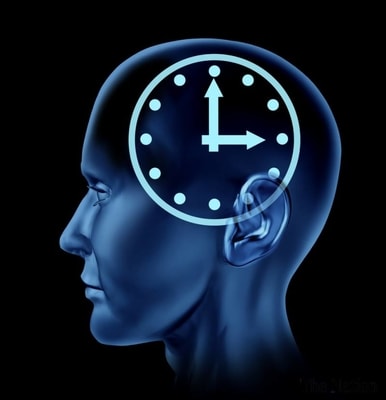

I have been waking up increasingly earlier and earlier. As someone who loves sleep, especially in the morning, this is disturbing to me. I’m not talking 9 am, folks. I’m talking 5 or 5:30 am. My alarm clock is scheduled to go off at 6 am every day, but for some reason, my body tells me that it’s time to get up much earlier than 6. Have you ever wondered why this happens? Well, our bodies are a lot like a computer. We’ve got a processor, and we’ve got memory. We need energy to run, and we can solve problems. But we also have an internal clock. But this clock hasn’t been studied much, until recently.
The Nobel Assembly at Karolinska Institute awarded this year’s Nobel Prize in Physiology or Medicine to Americans Jeffrey C. Hall, Michael Rosbash and Michael W. Young “for their discoveries of molecular mechanisms controlling the circadian rhythm.” Huh? Basically, they have figured out how some of the genes and proteins that are responsible for making that internal clock tick.
Some scientists have tried to figure this field out, but its the work of these three that have set the stage for everyone else. Back in the 1980s, we didn’t know a lot about DNA. And, honestly, we didn’t have the kind of technology needed to truly understand it. According to a 1984 paper in Cell, we knew a lot about biological rhythms, but nothing was really known about the molecular mechanisms behind it.
But even earlier in the 1970s, a different team of researchers realized that a sequence of DNA called the period gene could be mutated to throw the fruit fly’s clock out of whack, with consequences including altering the way the flies moved around and the sound of their mating call. Robash and Hall were able to fix the mutated flies and restore normalcy to their circadian rhythm. Young and his team were able to isolate the thousands of base pairs responsible for this gene.
Most of this probably sounds extremely boring. Which I agree with, but what is fascinating is how this applies to our bodies. As I mentioned our lives are fundamentally governed by daily biological cycles called circadian rhythms. These rhythms dictate the best time for us to eat, drink, sleep, get vaccinated and even the best time to have sex. So maybe my circadian rhythm is telling me that it’s better to get up at 5 am, instead of 6. Maybe it’s telling me that I’m sleeping too much?


I am, what they call a “lark”. For years, I would wake up early and be able to get so much done. I hate staying up late, and I don’t think I function well after 9 pm. Larks tend to be more productive early in the day, whereas “owls” get their stride in the afternoon and evening. What makes all of this interesting, is how it relates to sex – both the gender and the act. Men and women have circadian rhythms. Add it to another reason why we are so different. But this also applies to sex. The male sex hormone – testosterone – peaks in the late even and again in the morning. Whereas, estrogen (the female sex hormone) is at it’s lowest in the morning and then generally rises during the day. Which only adds to the difficulty of maintaining a
Which only adds to the difficulty of maintaining a long-term relationship. Am I right? But it also tells us a lot about who we are as humans. Overall the work that has been done in this field is incredible. Knowing these things about ourselves can lead to our lives being just a little bit easier, or better, don’t you think? Even if we think about it just from a sleep perspective, it can make you understand why you get most of your work done between 5 and 9 am. And perhaps adjust your schedule to suit that? We should, as much as we can, be respectful of our body’s clocks. You can thank science for making this discovery. But it’s up to you to figure out how to implement it into your own life.
